Charles Bai
Sustainable AI: Environmental Implications, Challenges and Opportunities
Oct 30, 2021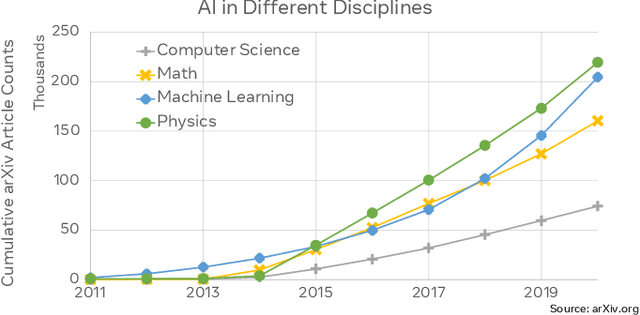

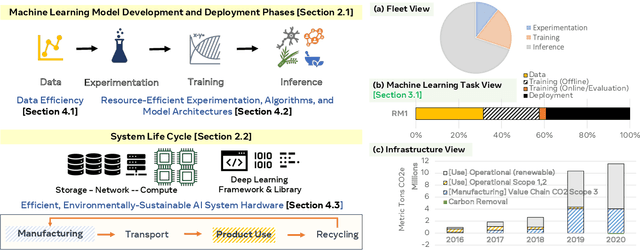
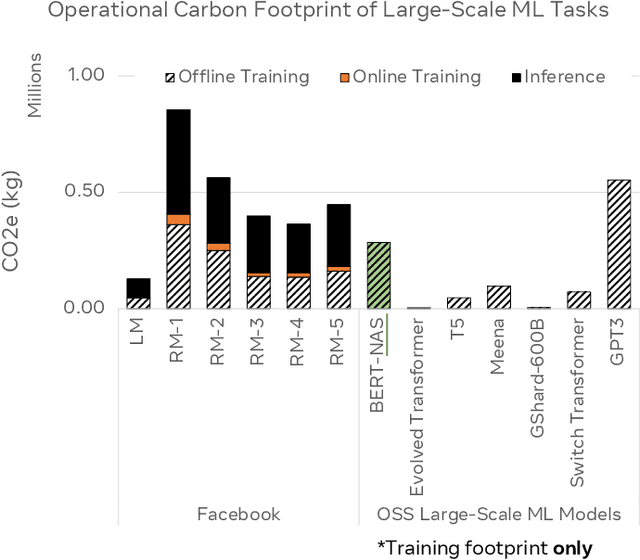
Abstract:This paper explores the environmental impact of the super-linear growth trends for AI from a holistic perspective, spanning Data, Algorithms, and System Hardware. We characterize the carbon footprint of AI computing by examining the model development cycle across industry-scale machine learning use cases and, at the same time, considering the life cycle of system hardware. Taking a step further, we capture the operational and manufacturing carbon footprint of AI computing and present an end-to-end analysis for what and how hardware-software design and at-scale optimization can help reduce the overall carbon footprint of AI. Based on the industry experience and lessons learned, we share the key challenges and chart out important development directions across the many dimensions of AI. We hope the key messages and insights presented in this paper can inspire the community to advance the field of AI in an environmentally-responsible manner.
Facial Expression Recognition with Deep Learning
Apr 08, 2020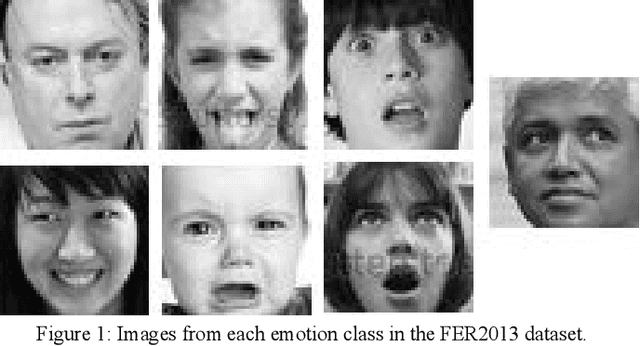
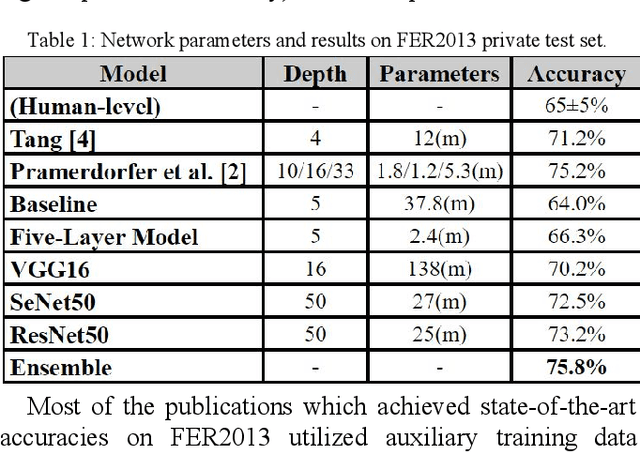
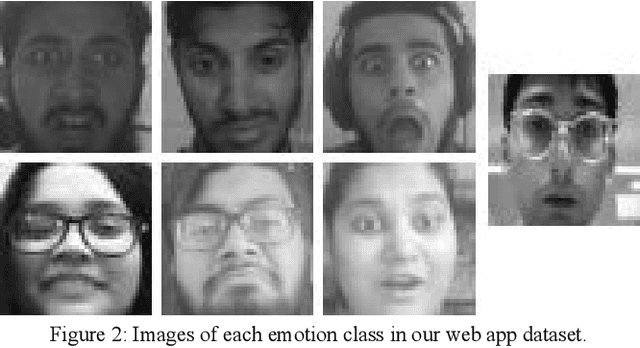

Abstract:One of the most universal ways that people communicate is through facial expressions. In this paper, we take a deep dive, implementing multiple deep learning models for facial expression recognition (FER). Our goals are twofold: we aim not only to maximize accuracy, but also to apply our results to the real-world. By leveraging numerous techniques from recent research, we demonstrate a state-of-the-art 75.8% accuracy on the FER2013 test set, outperforming all existing publications. Additionally, we showcase a mobile web app which runs our FER models on-device in real time.
 Add to Chrome
Add to Chrome Add to Firefox
Add to Firefox Add to Edge
Add to Edge